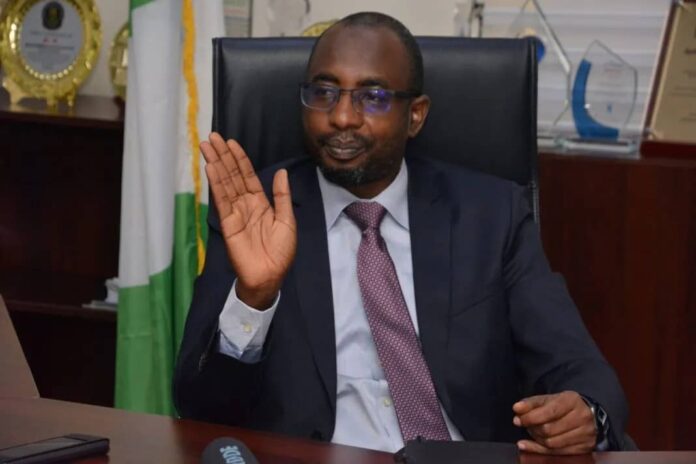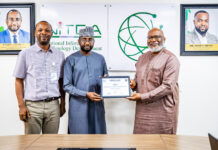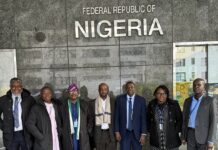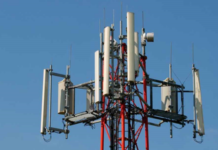How NITDA Intends To Achieve 95% Digital Literacy By 2030 – Kashifu
TECHDIGEST – The Director-General, National Information Technology Development Agency (NITDA), Kashifu Inuwa Abdullahi, has revealed strategies the agency is following towards its target of achieving 95 percent digital literacy in Nigeria by 2030.
Kashifu, who was represented by the Director in charge of NITDA zonal offices, Jide Ajayi, made this statement in Kano while speaking at a stakeholders engagement on creating opportunities, breaking boundaries towards digitalization and entrepreneurial evolution in Nigeria on Tuesday.
He said, “Throughout 20 years of NITDA, we have moved from being a highly centralized organisation to a functionally decentralized institution. We have implemented a number of people-oriented programs in consultation with stakeholders and under the supervision of our ministry, the Federal Ministry of Communication and Digital Economy.
“Some of them include; The National Adopted Village for Smart Agriculture (NAVSA), The National Adopted Village for Smart Education (NAVSE), Digital Literacy Capacity Training for People with Disabilities, issuance of Nigerian Data Protection Regulation (NDPR), support for ICT Innovation hubs, building a community of IT centres, development of state IT policies and a host of other activities.”
The DG added that to achieve the target, NITDA has developed Strategic Roadmap and Action Plan (SRAP), 2021-2024 to provide direction for the agency.
Also speaking, the Secretary to the Kano State Government, Alhaji Usman Alhaji, said the state Governor, Abdullahi Ganduje has directed his Senior Special Assistant on ICT and e-Governance to come up with a comprehensive plan, to propose a policy intervention in the form of a digital service strategy for the entire Civil Service.
The policy, according to him, concept rests on a vision of developing sound digital infrastructure that is pivotal to effective, efficient, transparent and accountable leadership in the state.
“In this regard, Ministries, Departments and Agencies(MDAs) would develop and maintain interactive portal with facilities to provide online services to the public,” Alhaji added.
The engagement brought together stakeholders from different parts of the state to deliberate ways of ensuring digital literacy in the state.
















